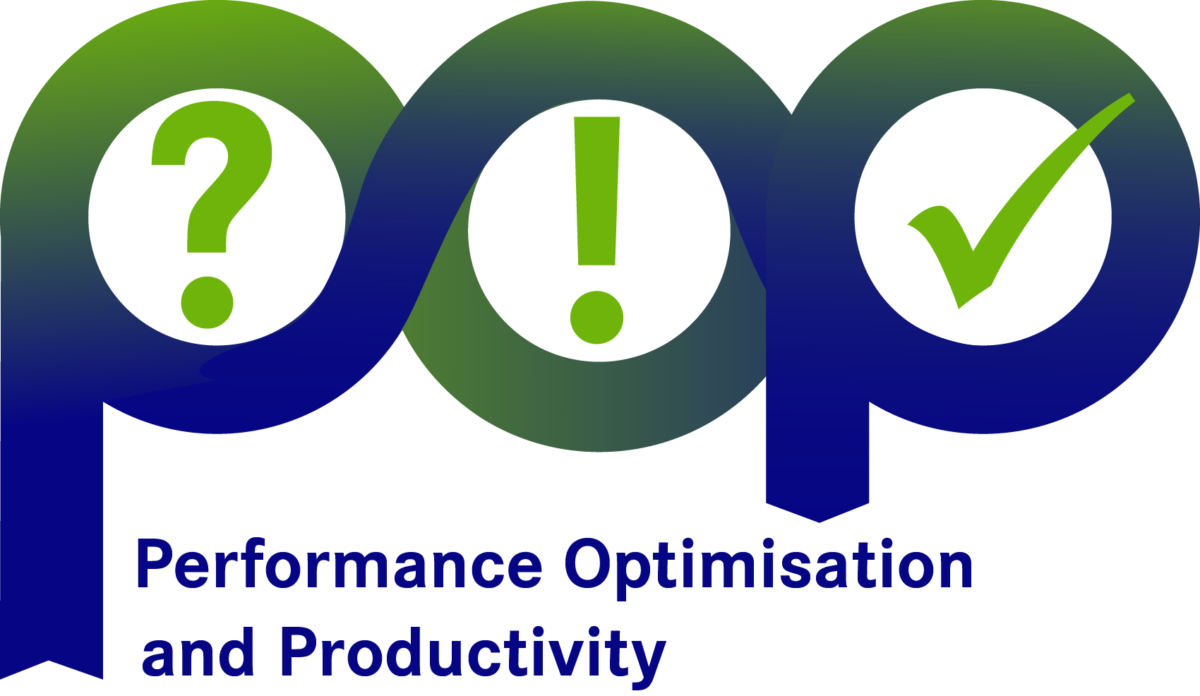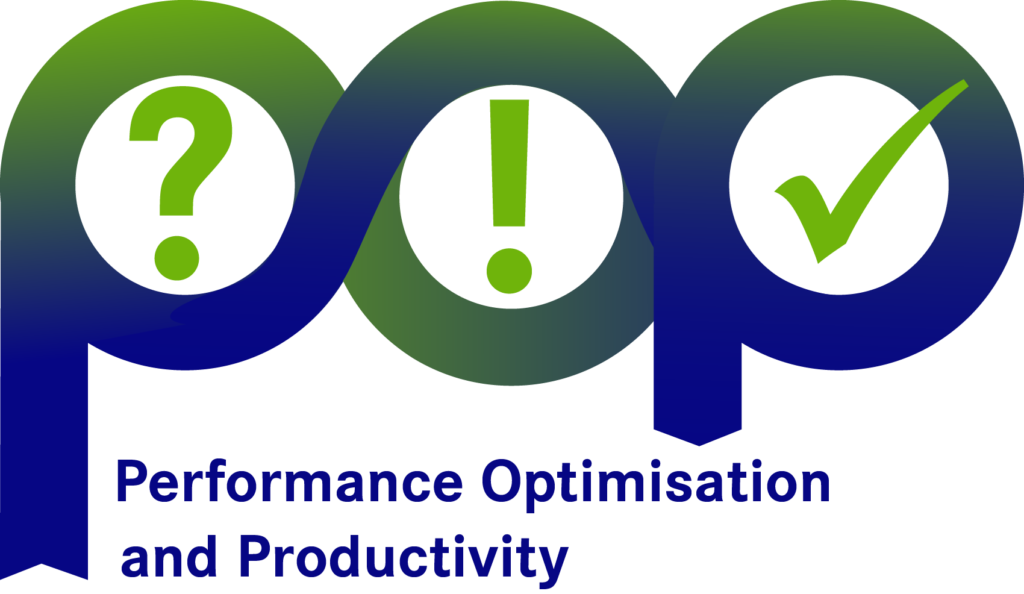Services of the POP CoE
The Performance Optimisation and Productivity Centre of Excellence in HPC provides performance optimisation and productivity services for (your?) academic AND industrial code(s) in all domains!
The idea that drives the POP CoE (Performance Optimisation and Productivity Centre of Excellence in HPC) is a simple one: to boost productivity of EU research and industry by providing free of charge services that help improve performance of high performance computing (HPC) and parallel software. The aim of POP is to offer our world-class HPC competence to organisations that want to understand software performance issues and to adopt parallel programming best practice.
Main services of the POP CoE are: Performance Audits, Improvement Plans, Proof-of-Concept demos, and Training.
- Performance Audits are an initial analysis measuring a range of performance metrics to assess quality of performance and identify the issues affecting performance.
- Improvement Plans undertake further performance evaluations to qualify and quantify solutions and estimate potential improvements.
- Proof of Concept work uses extracted application kernels to demonstrate actual benefits from tuning and optimisation.
- Training offers events and materials covering parallel profiling tools, programming models and parallelisation approaches.
Services are free of charge to organisations, SMEs, ISVs, companies in the EU!
Services of POP CoE are provided for:
- Code developers. (Assessment of detailed actual behavior, suggestion of most productive directions to refactor code…)
- Users. (Assessment of achieved performance in specific production conditions, possible improvements modifying environment setup, evidence to interact with code provider...)
- Infrastructure operators. (Assessment of achieved performance in production conditions, possible improvements from modifying environment setup, information for time computer time allocation processes, training of support staff...)
- Vendors. (Benchmarking, customer support, system dimensioning/design...)
 BeeGFS in Practice — Parallel File Systems for HPC, AI and Data-Intensive Workloads 6 Feb - This webinar introduces BeeGFS, a leading parallel file system designed to support demanding HPC, AI, and data-intensive workloads. Experts from ThinkParQ will explain how parallel file systems work, how BeeGFS is architected, and how it is used in practice across academic, research, and industrial environments.
BeeGFS in Practice — Parallel File Systems for HPC, AI and Data-Intensive Workloads 6 Feb - This webinar introduces BeeGFS, a leading parallel file system designed to support demanding HPC, AI, and data-intensive workloads. Experts from ThinkParQ will explain how parallel file systems work, how BeeGFS is architected, and how it is used in practice across academic, research, and industrial environments. When a production line knows what will happen in 10 minutes 5 Feb - Every disruption on a production line creates stress. Machines stop, people wait, production slows down, and decisions must be made under pressure. In the food industry—especially in the production of filled pasta products, where the process follows a strictly sequential set of technological steps—one unexpected issue at the end of the line can bring the entire production flow to a halt. But what if the production line could warn in advance that a problem will occur in a few minutes? Or help decide, already during a shift, whether it still makes sense to plan packaging later the same day? These were exactly the questions that stood at the beginning of a research collaboration that brought together industrial data, artificial intelligence, and supercomputing power.
When a production line knows what will happen in 10 minutes 5 Feb - Every disruption on a production line creates stress. Machines stop, people wait, production slows down, and decisions must be made under pressure. In the food industry—especially in the production of filled pasta products, where the process follows a strictly sequential set of technological steps—one unexpected issue at the end of the line can bring the entire production flow to a halt. But what if the production line could warn in advance that a problem will occur in a few minutes? Or help decide, already during a shift, whether it still makes sense to plan packaging later the same day? These were exactly the questions that stood at the beginning of a research collaboration that brought together industrial data, artificial intelligence, and supercomputing power. Who Owns AI Inside an Organisation? — Operational Responsibility 5 Feb - This webinar focuses on how organisations can define clear operational responsibility and ownership of AI systems in a proportionate and workable way. Drawing on hands-on experience in data protection, AI governance, and compliance, Petra Fernandes will explore governance approaches that work in practice for both SMEs and larger organisations. The session will highlight internal processes that help organisations stay in control of their AI systems over time, without creating unnecessary administrative burden.
Who Owns AI Inside an Organisation? — Operational Responsibility 5 Feb - This webinar focuses on how organisations can define clear operational responsibility and ownership of AI systems in a proportionate and workable way. Drawing on hands-on experience in data protection, AI governance, and compliance, Petra Fernandes will explore governance approaches that work in practice for both SMEs and larger organisations. The session will highlight internal processes that help organisations stay in control of their AI systems over time, without creating unnecessary administrative burden.

